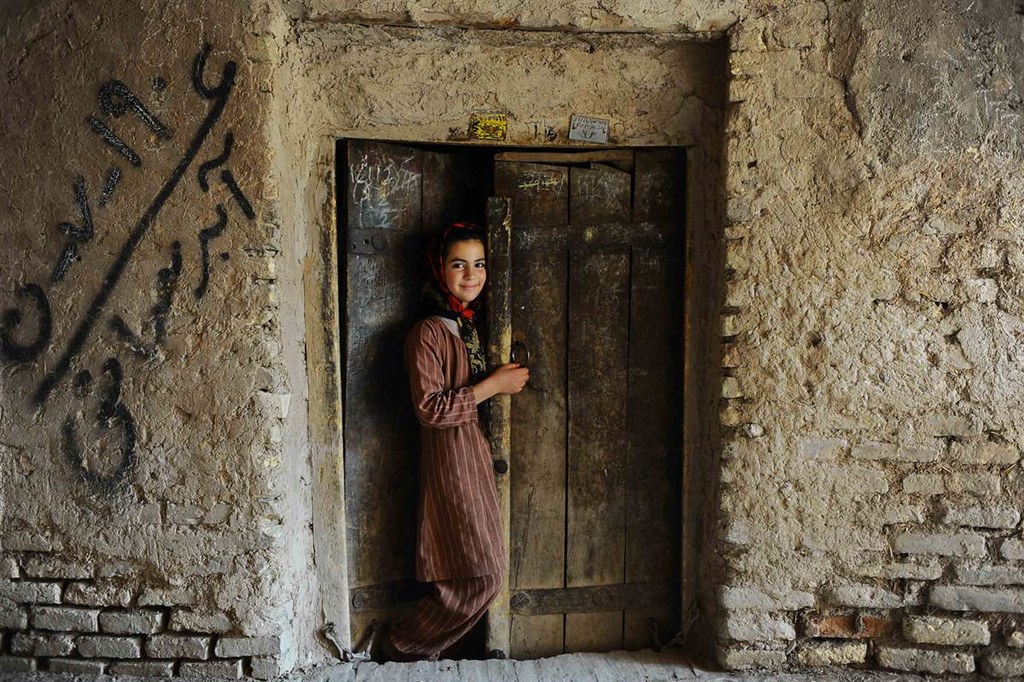Aid Groups Rally to Assist Afghanistan Amid Herat Earthquakes

On Saturday morning, October 7, 2023, a 6.3 magnitude earthquake struck western Afghanistan, followed by several aftershocks. On October 11, another 6.3 magnitude earthquake hit the same region, leading to widespread destruction of villages, with hundreds of mud-brick homes — typical structures for those living in poverty — demolished beyond repair. Then, on Sunday, October 15, a third earthquake registering the same magnitude on the Richter scale hit the already devastated Herat region. International aid groups are rallying to help those who have survived the Herat earthquakes, which have killed nearly 3,000 and left countless more injured in a nation already in an economic crisis. Many residents sleep outside tonight — mostly in public parks and streets, fearing that any homes still standing could collapse in another round of tremors and aftershocks.
Poverty-Stricken Afghanistan
Afghanistan has suffered many economic, humanitarian and environmental blows over the past two years. Since the Taliban takeover in 2021, locals have seen a sharp rise in their cost of living. Changing weather patterns have significantly impacted the Afghani region, devastating local agriculture and leaving almost 90% of Afghani citizens in extreme poverty without enough food to eat. The United Nations estimates that over 60% of people in Afghanistan require humanitarian aid to combat the devastating poverty plaguing the Afghani people.
Since the Herat earthquakes began their devastation in the western region of Afghanistan on October 7, 2023, they have directly affected 43,395 people (7,165 families) across the districts of Injil (23,053 people), Kushk / Rabat-e-sangai (8,541 people), Zindajan (7,523 people), Gulran (3,428 people), Herat (717 people) and Kohsan (133 people). The earthquakes have destroyed more than 3,330 homes — the majority in the Zindajan district — and severely or moderately damaged more than 3,000 homes. The earthquakes did not spare their vital community infrastructure, including schools and health clinics.
Aid Groups Assist Afghanistan Amid Herat Earthquakes
The UN and humanitarian partners have deployed health and humanitarian field teams to assess and respond to needs in the most affected areas. The World Food Program (WFP), an international organization within the United Nations that provides food assistance worldwide, has provided 525.07 metric tons of food assistance to the affected areas. On October 13 and 14, the WFP delivered mixed food commodities to 1,715 households (more than 12,000 individuals). These distributions occurred in various locations, including towns and villages most affected, and among food distribution points (FPDs) within the Zindajan district. Additionally, 984 households, comprising roughly 6,900 individuals, received fortified biscuits and supplements in the Shakiban food distribution point in the Zindajan district and the Herat Babahaji school. On October 15, an additional 77.74 metric tons of food assistance was delivered to affected villages in the Herat Province.
Humanitarian responders are still assessing damages in more remote areas and expect to find more locals needing assistance in the days to come as responders fully grasp the severity of this tragedy.
Looking Ahead
While the WFP has focused on food delivery and security in the region, Doctors Without Borders (Médecins Sans Frontières/MSF) treats hundreds of wounded at the Herat Regional Hospital. Today, more than 540 patients have been treated at the Herat Regional Hospital with MFS support. The MSF teams have also set up tents for residents who do not have homes to go to, providing temporary shelter for families in need.
While humanitarian responders are scrambling to provide as much assistance as possible to families in need, facilities are full and supplies are limited, leaving many residents in dire need of help. “These past few days have been incredibly distressing. We’ve spent the last two nights in the desert, and more aftershocks keep occurring,” said Shakib, a Herat resident. “My two-year-old son is unwell, and there’s nowhere to take him for medical care.”
– Ann-Jinette Hess
Photo: Flickr
